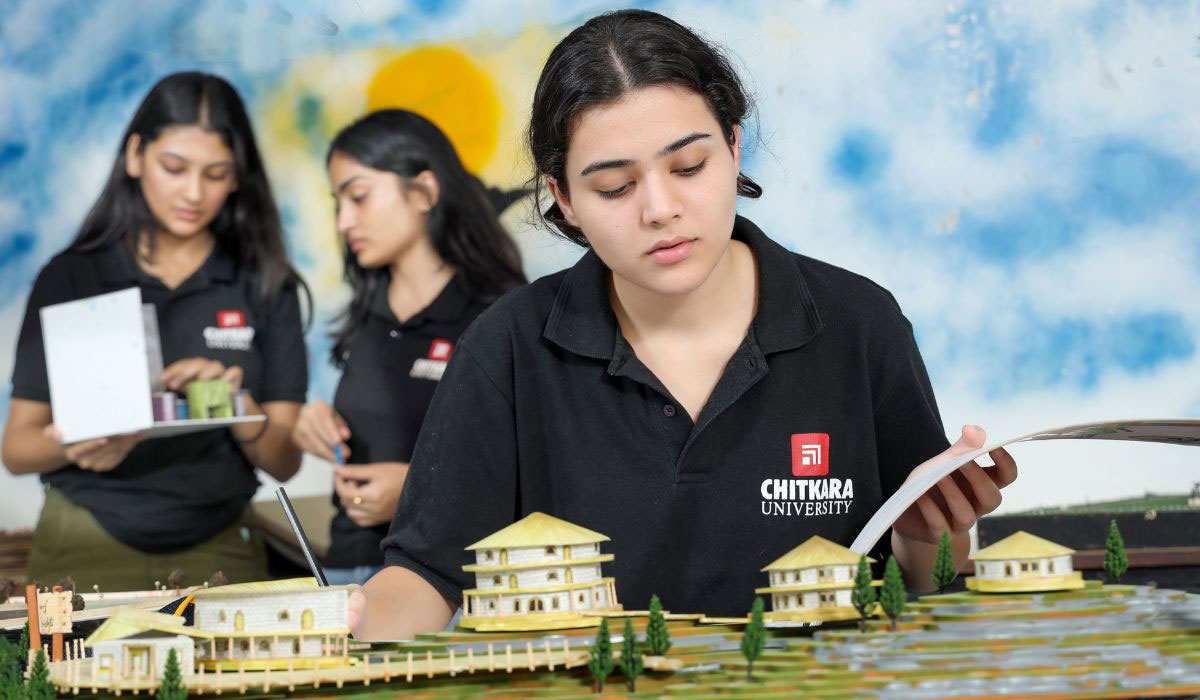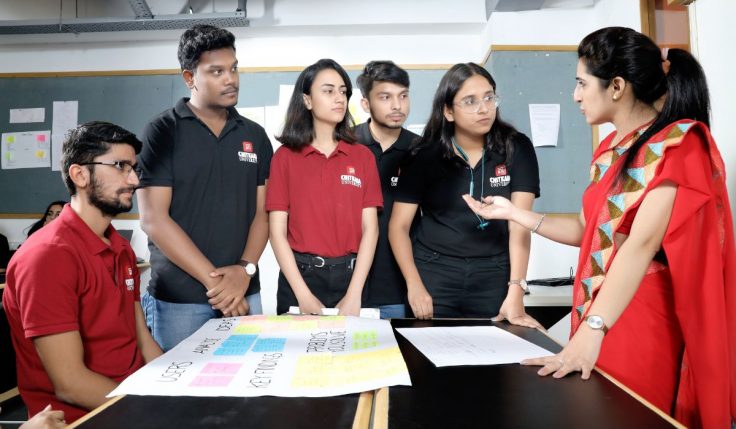Architecture as a profession has been ever-evolving and has undergone significant changes in the 21st century, reflecting radical shifts in socio-cultural needs, technological advancements, and design philosophies. Technology has played a pivotal role and has been instrumental in revolutionising not only the architectural design process but the entire profession of architecture per se. The integration of technology in architecture brings precision, innovation, and efficiency while also shaping the field in many ways. From computational design to applications, technology has enabled architects to do more than just design and supervise the construction of buildings and has thus become increasingly important.
Technology has brought in a transformative era for the profession while also reshaping each facet of the practice. The use of technology in architecture significantly helps in enhancing an architect’s design capabilities through advanced digital tools. Adopting Digital Modelling and simulation tools such as Building Information Modelling (BIM) is fast-paced, enabling architects to explore various design options and assess their impact on performance. BIM further facilitates project coordination, minimises errors through clash detection, and improves overall construction efficiency. The use of Computer-Aided Design has completely changed the architectural design process. It has led architects to use software applications for creating 2D and 3D models for detailed planning and visualization. Technology has further been instrumental for architects in pursuing new horizons in design, chasing algorithms, and experimenting with adaptability through 3D printing.
Yet another advantage of technology is that it helps in efficient real-time collaboration between architects, clients, and other stakeholders. This advancement further enables effective collaboration through the adoption of cloud-based platforms and project management tools that streamline workflows and ensure the involvement of the workforce in a project on the same page. The concept of Augmented and Virtual Reality (AR and VR technologies) provides immersive experiences for clients by allowing them to visualise and experience architectural designs even before they are physically built. This enhances communication and understanding of design concepts. Lately, technology has been a boon in meeting Sustainable Development Goals by developing sustainable designs through performance optimization. It provides platforms for architects to provide energy-efficient design solutions by analysing the energy performance of buildings, such as sunlight exposure and thermal efficiency, through various simulation tools.
In other words, the profession of architecture is technically evolving. In such a scenario, the more the architects acquaint themselves with and learn to embrace the latest technological innovations, the more they will be successful. Technology cannot be ignored, and tech-savvy architects will likely prosper in the future. Technology has not just expedited the traditional architecture process, but it has also introduced many new methods while shaping a profession that is collaborative, efficient, and attuned to design challenges.
Also Read: Navigating Planning & Architecture Career Paths & Requirements
Why pursue a Bachelor of Architecture to gain expertise in incorporating technology into the design process?
The Bachelor of Architecture offered at Chitkara University is an unparalleled program that educates budding architects in the discipline of architecture while emphasising the role of innovation and creativity in architectural design through the application of various technology-driven tools and software.
The program is capable of training innovative professionals who aspire to build a career in a field that is lucrative and offers creative satisfaction. The program offers students the required knowledge for striking a balance between hands-on practice and advanced theoretical studies through an application-oriented teaching-learning pedagogy, by completing a program such as the Bachelor of Architecture, architects can learn how to explore the power of their imagination and use technological tools for exploring designs and solutions, resulting in exceptional results.
Technology has empowered the design process in architecture considerably. The synergy between innovative architectural concepts and technology-driven solutions has reshaped the landscape of the field. At Chitkara University, we recognise the significance of this intersection, and our Bachelor of Architecture program stands as a testament to our commitment to nurturing forward-thinking architects equipped with the latest technological tools. Choosing Chitkara University for your architectural journey ensures not only a comprehensive education but also an immersive experience where creativity and technology converge seamlessly. It’s the perfect platform for students driven by a passion for groundbreaking design and a desire to explore the limitless possibilities that technology brings to the architectural realm. Embark on your architectural journey with us at Chitkara University, where your aspirations in the field will find the perfect foundation to flourish.






